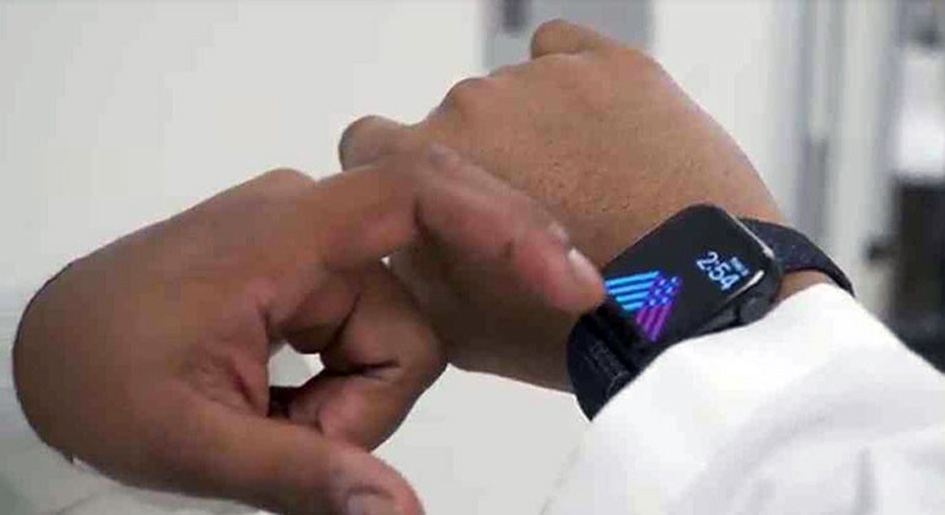Wearables detect stress in Covid-19 health workers
- September 21, 2021
- Steve Rogerson

Researchers at Mount Sinai Health System in New York are using wearable devices to identify the psychological effects of the Covid-19 pandemic on healthcare workers.
The study links changes in heart rate variability with degree of resilience, as part of larger effort to understand and mitigate the effects of Covid-19.
Healthcare workers with high resilience or strong emotional support were protected against the effects of stress related to the Covid-19 pandemic compared with those who had low emotional support or resilience, according to the study published in the Journal of Medical Internet Research. Mount Sinai researchers also found the number of individuals with Covid-19 in the community was a significant factor associated with stress in healthcare workers over time.
The Mount Sinai team found that high emotional support or high resilience – the ability to overcome difficulty and a reduced vulnerability to environmental stressors – resulted in a unique nervous system profile, demonstrating that these features impact both how healthcare workers perceive stress and how their bodies are physically affected by stress.
“Our study highlights the importance of emotional support and resilience in moderating the effects of stress on healthcare workers during the ongoing pandemic,” said the study’s corresponding author Robert Hirten, assistant professor of medicine at the Icahn School of Medicine at Mount Sinai. “Assessing the resilience and emotional support of healthcare workers may be able to help identify those at risk from ongoing stressors and may help guide healthcare institutions in allocating mental health resources for these at-risk employees.”
Several hundred study participants wore an Apple Watch that measured their heart rate variability and downloaded a customised app to complete weekly surveys measuring perceived stress, resilience, emotional support, quality of life and optimism. Researchers found healthcare workers with high resilience or high emotional support had different autonomic nervous system stress patterns compared with those who had medium or low emotional support or resilience. The autonomic nervous system is a primary component of the stress response and can be found by measuring heart rate variability. The participants’ physiological results aligned with their self-reported answers, the study concluded.
“The experience of this pandemic has been especially stressful for healthcare workers, and as a community we need to be able to support them, especially as the virus persists,” said the study’s co-author Zahi Fayad, professor of medical imaging and bioengineering at Icahn Mount Sinai. “Our study is one of the first to document not only the toll the pandemic has taken on our healthcare workers, but also the importance of resilience and social support as specific paths towards efficiently and effectively directing support.”
The latest findings from the Warrior Watch Study build on previous research that used wearable devices to identify Covid-19 cases earlier than traditional diagnostic methods. Researchers monitored the participant’s physical activity and tracked subtle changes in their heart rate variability measured by an Apple Watch, which signalled the onset of Covid-19 up to seven days before the individual was diagnosed with the infection via nasal swab.
The Mount Sinai Health System is New York’s largest academic medical system, encompassing eight hospitals, a medical school and a network of ambulatory practices throughout the greater New York region. The health system includes approximately 7300 primary and specialty care physicians, 13 joint-venture ambulatory surgery centres, more than 415 ambulatory practices, and more than 30 affiliated community health centres.





